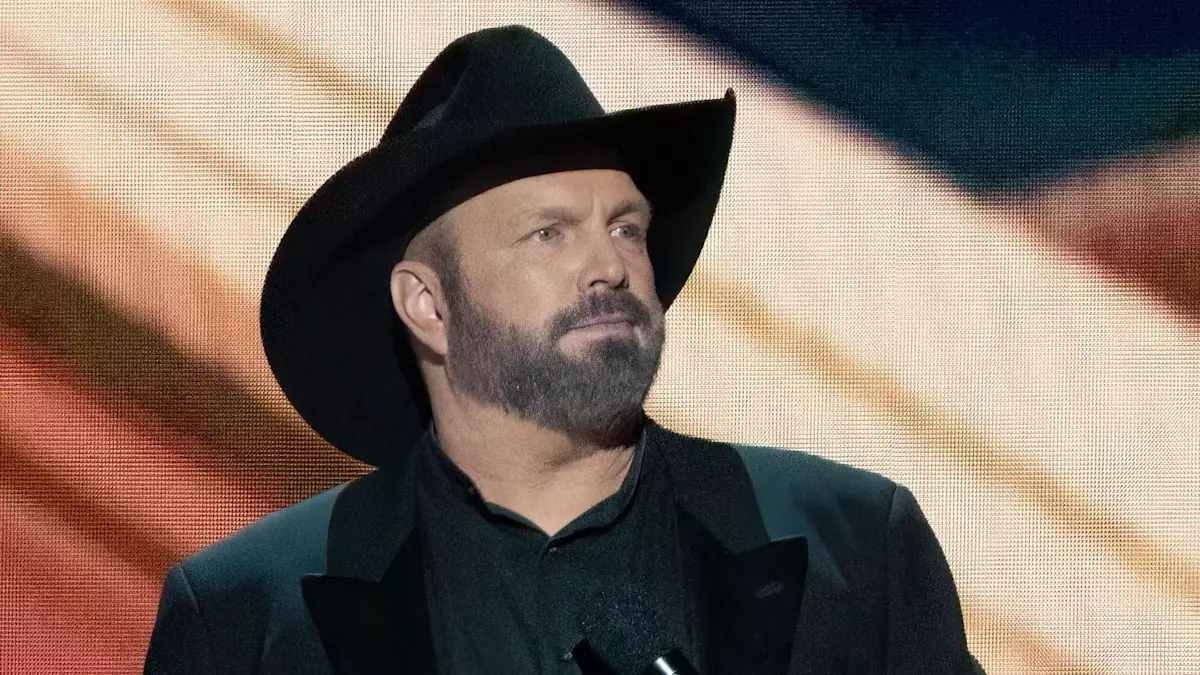In the realm of celebrity, few names resonate as profoundly as Garth Brooks. As a titan of country music, Brooks’ career spans decades, marked by countless hits and accolades. However, recent allegations leveled against him have turned public admiration into scrutiny. A lawsuit filed by an unnamed woman has opened a dark chapter in Brooks’ otherwise celebrated life, alleging serious misconduct that contradicts his public persona. In this article, we will examine the details of the allegations, Brooks’ response, and the broader implications for the entertainment industry.
The core of the lawsuit brought forth by the woman, referred to as Jane Roe, paints a disturbing picture of Brooks as someone who allegedly misused his power and influence. According to the claims, Roe was employed as Brooks’ hairstylist starting in 2017 and reportedly endured a series of harrowing encounters that culminated in accusations of rape and sexual aggression. The allegations specify instances in 2019 where Brooks is said to have engaged in inappropriate behavior, including undressing in front of Roe and making sexual comments. Further compounding the allegations, the lawsuit details an incident involving a hotel room booking that Roe describes as a traumatic experience where she felt physically dominated and violated.
These claims are not merely isolated incidents but rather depict a pervasive pattern of alleged conduct. The lawsuit, as articulated by Roe, suggests that Brooks may have exploited his professional relationship to engage in exploitative behavior, asserting that he felt entitled to sexual gratification from someone in a subordinate position. Such allegations raise serious questions about power dynamics in the workplace and how they can distort professional relationships into something more sinister.
In stark contrast to the allegations, Brooks has firmly denied all accusations made against him. His public statements convey a sense of indignation and sadness, as he framed the lawsuit as an effort at extortion rather than a genuine pursuit of justice. He characterized the ordeal as “like having a loaded gun waved in my face,” arguing that the paradigm of “hush money” implies guilt for behavior he claims is inconceivable for him. Garth stressed that these allegations threaten not only his career but also the integrity of his family and legacy.
Moreover, Brooks has filed a preemptive lawsuit in Mississippi aiming to shield himself from what he describes as false accusations that could irreparably tarnish his reputation. This legal maneuver indicates a proactive approach to handling the allegations, one that seeks to not only combat the claims in court but also deter any similar actions in the future. Brooks’ insistence on transparency and his assertion that he trusts the legal system provide a narrative that contrasts sharply with the serious nature of the accusations laid against him.
The implications of such allegations reach far beyond the individual involved; they resonate throughout the broader entertainment industry. As one prominent attorney stated, the lawsuit serves as a reminder that sexual misconduct is not confined to specific genres or sectors; it can manifest even in country music, a genre often romanticized for its values and storytelling. The response from Roe’s legal representation signals a crucial turning point, where they encourage other potential victims to come forward, emphasizing that silence only serves to perpetuate abuse.
This case also underscores the evolving landscape of accountability among public figures. The #MeToo movement has shifted societal perspectives on sexual assault and harassment, encouraging victims to break the silence and seek justice. The scrutiny of individuals with power and fame has intensified, breaking down barriers that previously allowed such behavior to go unchecked. If Brooks is found culpable, it may set a precedent for further actions against similar figures in the music industry and beyond.
As this case unfolds, it affirms the urgent need for cultural change within the entertainment industry and society at large. No one should feel unsafe or exploited in their workplace, regardless of the power dynamics at play. The allegations against Garth Brooks serve as a stark reminder that fame does not confer immunity from accountability. The ultimate resolution of this case will reveal not only the personal journey of those involved but also the potential for systemic change in how allegations of misconduct are handled.
The ongoing legal battle enveloping Garth Brooks represents a complex intersection of fame, power, and accountability. Whether these allegations will hold up in court remains to be seen, but they have undeniably ignited a conversation about the standards of conduct for public figures and the consequences that may follow if they are breached. As the dust settles, the hope is that the ultimate outcome will foster a safer and more equitable environment for all individuals within the industry.
